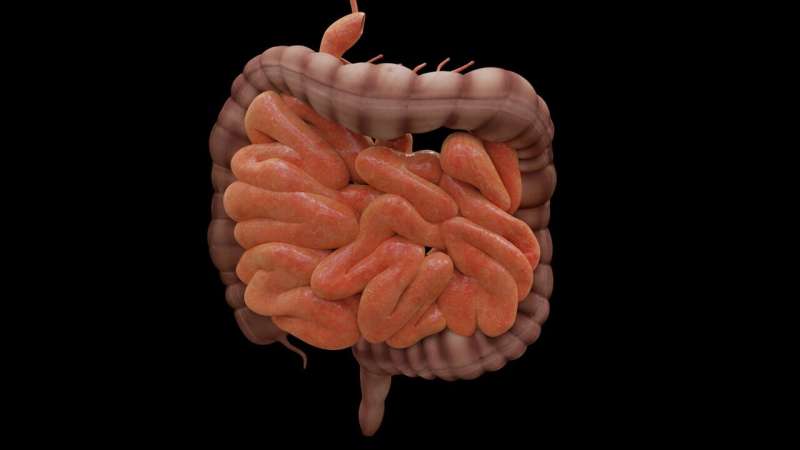Understanding Déjà Vu: The Strange Phenomenon of the Mind

Discover the scientific explanation behind déjà vu, a common brain phenomenon that creates a fleeting sense of familiarity, and how it offers insights into memory and brain functioning.
Have you ever experienced that odd sensation that what you're currently doing or seeing has already happened, even when you are confident it hasn't? This fleeting yet intense feeling is known as déjà vu, a French term meaning "already seen." Déjà vu manifests as an uncanny sense of familiarity with a situation or place and is surprisingly common—studies suggest that between 60 to 70% of people experience it at some point.
Popular culture often links déjà vu to themes like time travel or glitches in reality, but scientifically, it is a normal brain function. Professor Sam Berkovic, a neurologist at Austin Health's Epilepsy Research Center, explains that déjà vu is a natural phenomenon. He says, "It's a normal experience, and most people encounter it occasionally. When it happens, we often dismiss it as our brain playing tricks on us."
Despite its familiarity, understanding the precise mechanisms behind déjà vu remains challenging because of its brief, transient nature. Researchers believe it results from anomalies or errors in the brain's memory systems. Significant insights have come from studying patients with epileptic seizures, which involve abnormal electrical activity in the brain. During seizures, particularly in the hippocampus—a deep brain structure vital for memory—people often experience a heightened and intense form of déjà vu that is longer and more convincing than typical episodes.
Some scientists think that similar discharges in the brain could trigger these feelings even in healthy individuals, though they have never directly observed this in healthy brains due to obvious ethical constraints. Interestingly, relatives of people with epilepsy tend to experience more frequent intense déjà vu, although they do not perceive these episodes as abnormal.
Psychologist Associate Professor Piers Howe suggests that déjà vu might be linked to the sensation of having a "sixth sense," a vague feeling that something is happening without being able to articulate why. In experiments, individuals often notice subtle cues or changes—like a slight difference in a person's expression—that unconsciously influence their sense of familiarity. This indicates that the brain processes much more information than available to conscious awareness.
Supporting this idea, research has shown that the brain can generate a sense of familiarity based on partial or related information. For example, if someone is shown related words or images, they may later feel that a new but similar item is familiar—an effect known as the creation of false memories. MRI studies further suggest that déjà vu involves the brain's frontal regions, responsible for memory verification, trying to resolve conflicts or errors in perceived memories.
Overall, déjà vu reflects the brain's intricate and complex processing capabilities. Rather than signals of supernatural abilities or alternate realities, these experiences are simply manifestations of our brain's normal yet sophisticated functioning, sometimes experiencing minor glitches or overlapping signals that create a sensation of familiarity.
Stay Updated with Mia's Feed
Get the latest health & wellness insights delivered straight to your inbox.
Related Articles
Leadership Shake-up at the CDC: Implications and Next Steps
Recent leadership upheavals at the CDC, including the firing of its director and resignations of key officials, threaten to disrupt public health operations and vaccine policies. Experts warn of potential delays and confusion in disease response and prevention efforts.
Societal Disparities and Their Role in Psychosis Development Among Marginalized Youth
New study links racial inequality and police violence to higher risks of psychosis among marginalized young adults, emphasizing the role of societal factors in mental health.
Global Variations in the Management of Diverticulitis Highlight Need for Standardized Care
A recent international study exposes significant differences in diverticulitis treatment worldwide, urging the need for standardized care and improved guidelines to optimize patient management and reduce antibiotic overuse.
Using AI Scribes in Medical Consultations: What Patients Need to Know
AI scribes are transforming medical consultations by transcribing and drafting notes to save time, but they raise important privacy and safety concerns. Learn what patients should know about this emerging technology.



